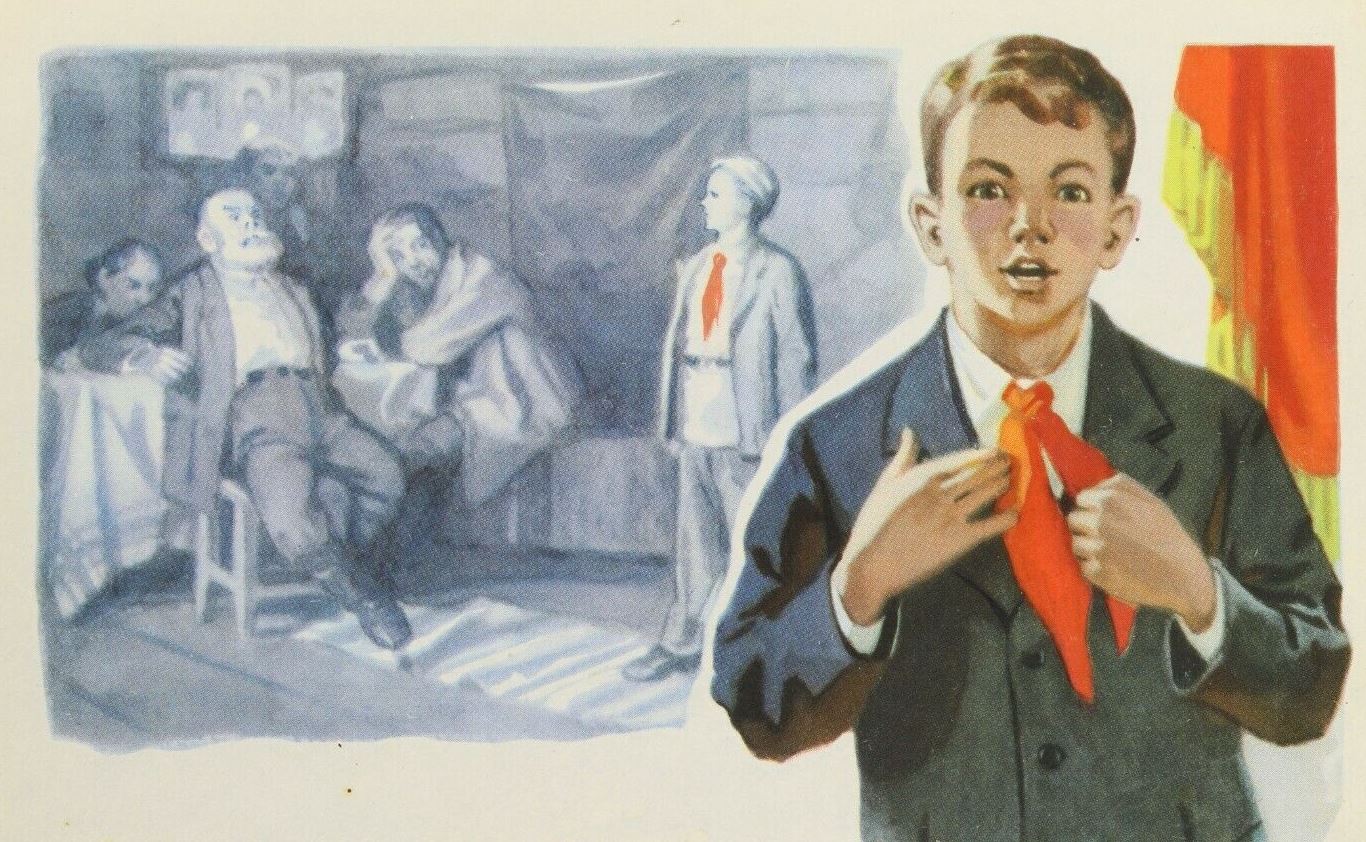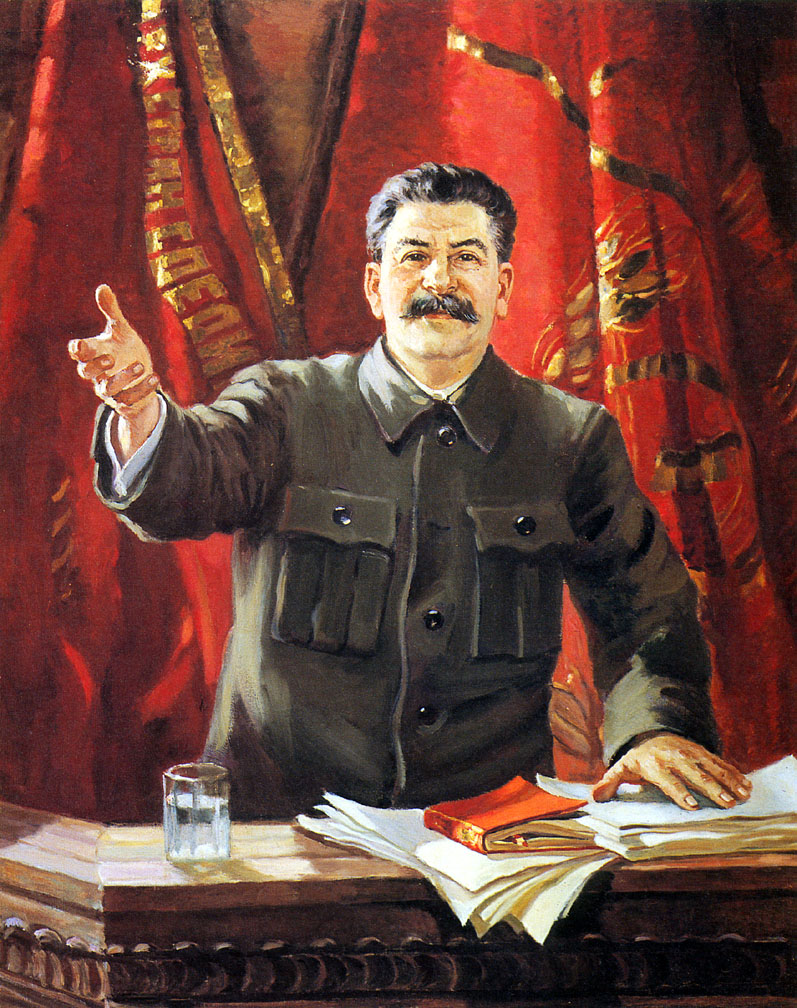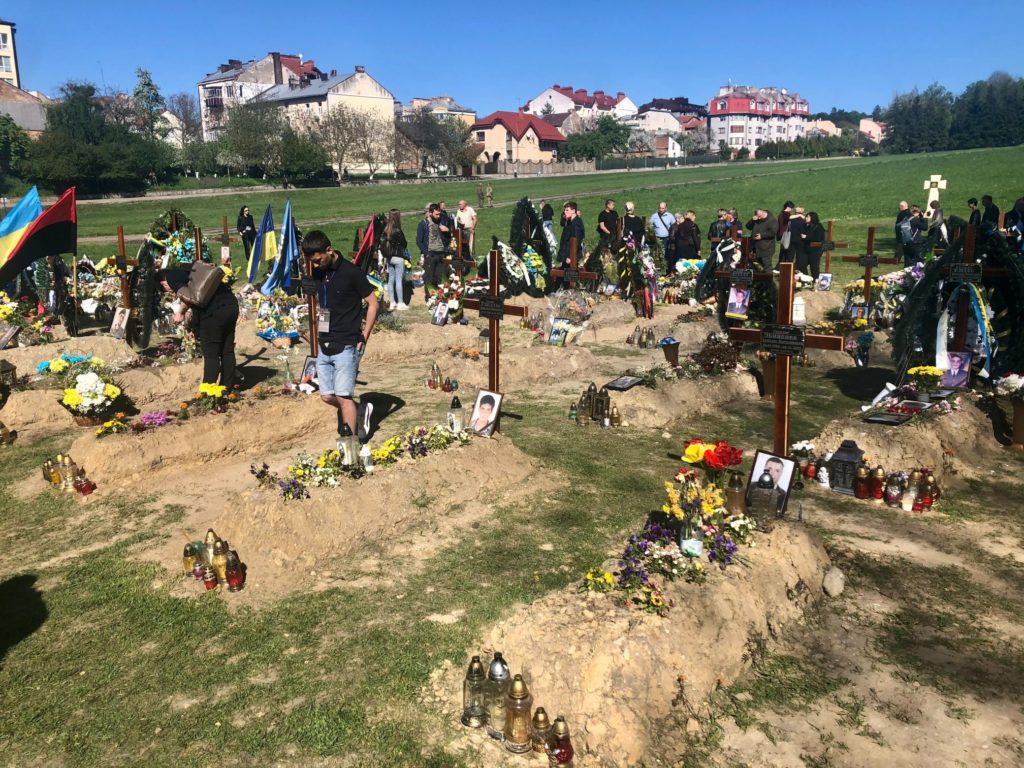
Have you ever come across the name **Pavlik Morozov**? If you haven’t, prepare yourself for an intriguing tale that intertwines elements of tragedy, ideological fervor, and the stark realities faced by individuals living in the Soviet Union. Born on **November 14, 1918**, in the small village of Gerasimovka, Russia, Morozov’s life story is emblematic of the intense and often conflicting values promoted by the **Soviet regime**. His narrative serves as a poignant reminder of the complexities surrounding family loyalty and the expectations placed upon citizens during a time of political upheaval. Morozov’s legacy continues to evoke discussions about the moral dilemmas faced by individuals caught between personal allegiance and state loyalty, making his story both compelling and thought-provoking.
Early Life: A Peasant’s Son

Pavlik was born into a family of impoverished peasants, and his early life was marked by hardship and struggle. Growing up in a rural environment, he was acutely aware of the challenges faced by his family and the broader community around him. Rather than allowing these difficulties to lead him into despair, Pavlik found inspiration in the principles of the communist ideology, which promised a brighter future for the working class.
As a young boy, he eagerly joined the Young Pioneers, a youth organization dedicated to promoting communist values among children. This vibrant group of youngsters would gather to chant slogans, participate in rallies, and share dreams of a more equitable society. For Pavlik, this was not just a pastime; it was a way of life that filled him with hope and purpose.
A pivotal moment in Pavlik’s life came in the late 1920s when the Soviet government initiated a policy of collectivization. This ambitious plan aimed to merge individual landholdings into large collective farms, fundamentally transforming the agricultural landscape. While Pavlik viewed collectivization as a crucial step toward progress and modernization, it was a contentious issue that sparked significant debate and dissent among many families, including his own. This period of change would shape not only Pavlik’s beliefs but also the future of his community.
The Denunciation: A Brave Act or Betrayal?

In the year 1930, a pivotal moment unfolded in the life of a young boy named Pavlik, who was only 12 years old at the time. Driven by a fervent belief in the communist ideology, he made a life-altering decision that would forever change his fate. In an act that could be interpreted as either courageous or treacherous, Pavlik chose to denounce his own father, who held the position of head of the local soviet, to the authorities. This shocking betrayal stemmed from Pavlik’s conviction that he was serving the greater good of the communist cause.
### The Accusations
Pavlik’s accusations were serious and far-reaching. He claimed that his father was involved in **forging documents** and was colluding with **kulaks**, the wealthy peasants who were staunchly opposed to the collectivization efforts of the government. In addition to targeting his father, Pavlik also pointed fingers at other villagers, alleging that they were hoarding grain and undermining the collective efforts of the community. For a boy of such tender age, this was an extraordinarily bold and dangerous move, yet he was convinced that he was acting in accordance with his beliefs and the revolutionary spirit of the time.
### The Consequences
Sadly, the repercussions of Pavlik’s actions were severe and tragic. His denunciations did not go unnoticed, and they incited a brutal backlash from the local kulaks, who viewed him as a significant threat to their way of life. The tension escalated, and in September 1932, Pavlik’s life was cut short when he was murdered, a heartbreaking conclusion to a life that had been marked by intense ideological commitment. His story serves as a poignant reminder of the complexities of loyalty, belief, and the often devastating consequences of political fervor.
The Aftermath: A Martyr’s Legacy

Following his untimely death, the Soviet regime swiftly transformed Pavlik Morozov into a revered martyr, a figure emblematic of loyalty and sacrifice for the state. In a bid to immortalize his legacy, numerous monuments were erected in his honor, and his story became a staple in the educational curriculum across the vast expanse of the Soviet Union. This raises an intriguing question: why was he so fervently glorified by the authorities?
### The Symbol of Loyalty
Pavlik emerged as a potent symbol of unwavering loyalty to the state, embodying the ideal that the collective good should take precedence over familial bonds. His narrative was strategically employed to instill in the youth the importance of prioritizing the state above personal relationships. This message resonated deeply during a period when the government was intent on consolidating its influence over society and reinforcing its ideological foundations.
### Educational Impact
For generations, children were taught about Pavlik Morozov in schools, where his story was framed as a quintessential example of what it meant to be a good communist citizen. His life and actions were presented as a moral compass, guiding the youth toward loyalty and dedication to the state. However, as the Soviet regime began to liberalize in the late 20th century, many individuals started to scrutinize this portrayal. Questions arose regarding the fairness and accuracy of the narrative that had been so deeply embedded in the collective consciousness. The reevaluation of Pavlik’s legacy reflects a broader shift in societal attitudes and a growing desire for a more nuanced understanding of history.
Changing Perspectives: The Liberalization of Soviet Ideology

As the Soviet Union began to open up, the glorification of Pavlik Morozov started to wane. His story was reexamined, and many viewed him as a tragic symbol of the pressures exerted by Stalinism on families.
The Shift in Narrative
Historians and scholars began to explore the darker aspects of his story. Instead of a hero, Pavlik was seen as a victim of a brutal regime that demanded absolute loyalty. This shift in perspective opened up discussions about the moral complexities of his actions.
Lessons Learned
What can we learn from Pavlik’s story? It serves as a reminder of the dangers of blind loyalty and the impact of ideology on personal relationships. In a world where political beliefs can divide families, his tale resonates even today.

Pavlik Morozov’s life and death encapsulate the struggles of a young boy caught in the whirlwind of political ideology. His story is not just about loyalty to the state but also about the tragic consequences of such loyalty. As we reflect on his legacy, we must ask ourselves: how do we balance our beliefs with our relationships? In the end, Pavlik’s story is a poignant reminder of the complexities of human nature and the often harsh realities of life under a totalitarian regime.
Table: Key Events in Pavlik Morozov’s Life

| Date | Event |
|---|---|
| November 14, 1918 | Pavlik Morozov is born in Gerasimovka, Russia. |
| 1930 | Pavlik denounces his father and local kulaks. |
| September 3, 1932 | Pavlik is murdered by local kulaks. |
| 1932 onwards | Pavlik is glorified as a martyr by the Soviet regime. |
| Late 20th century | Pavlik’s legacy is reexamined in light of liberalization. |

